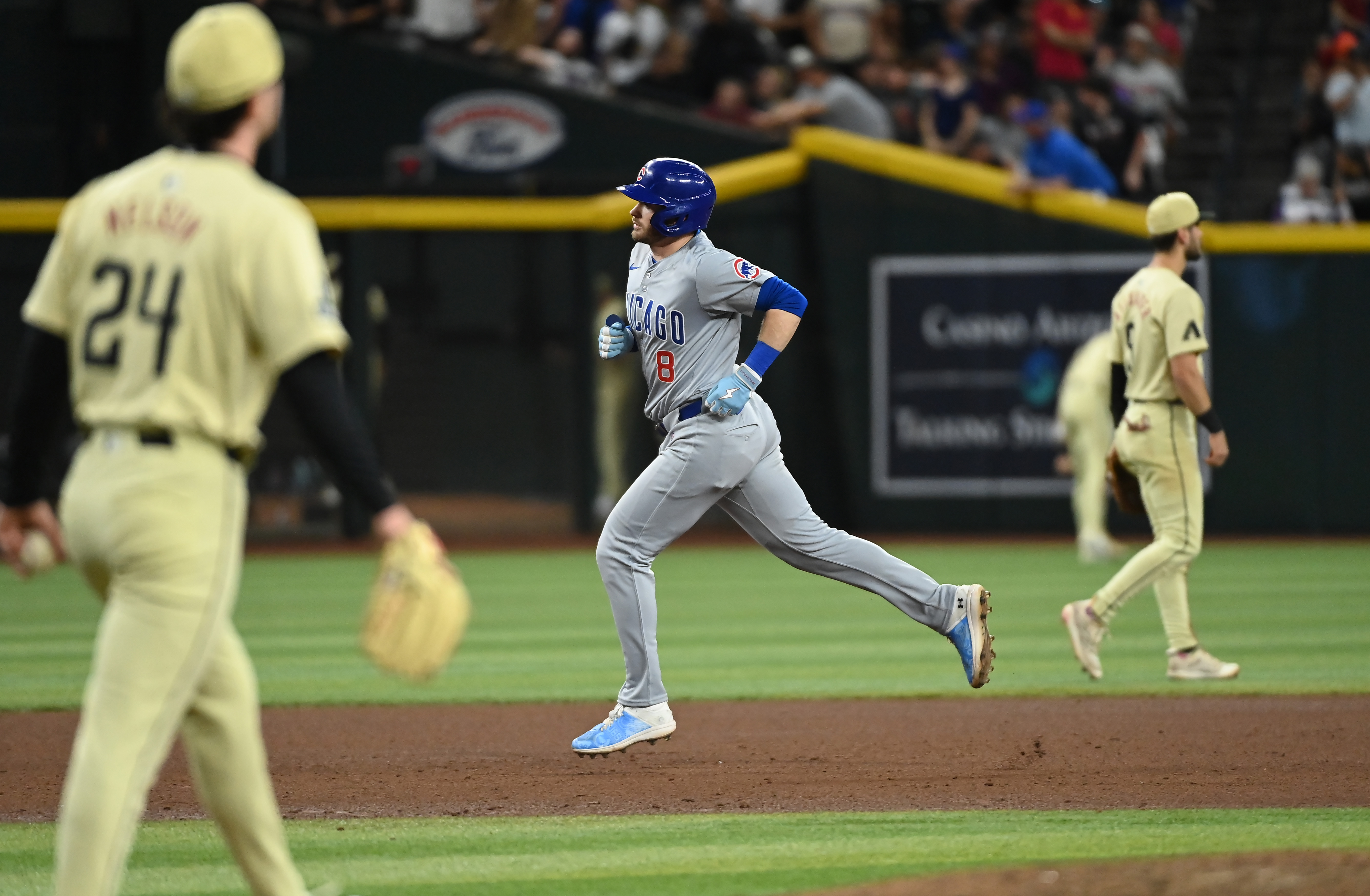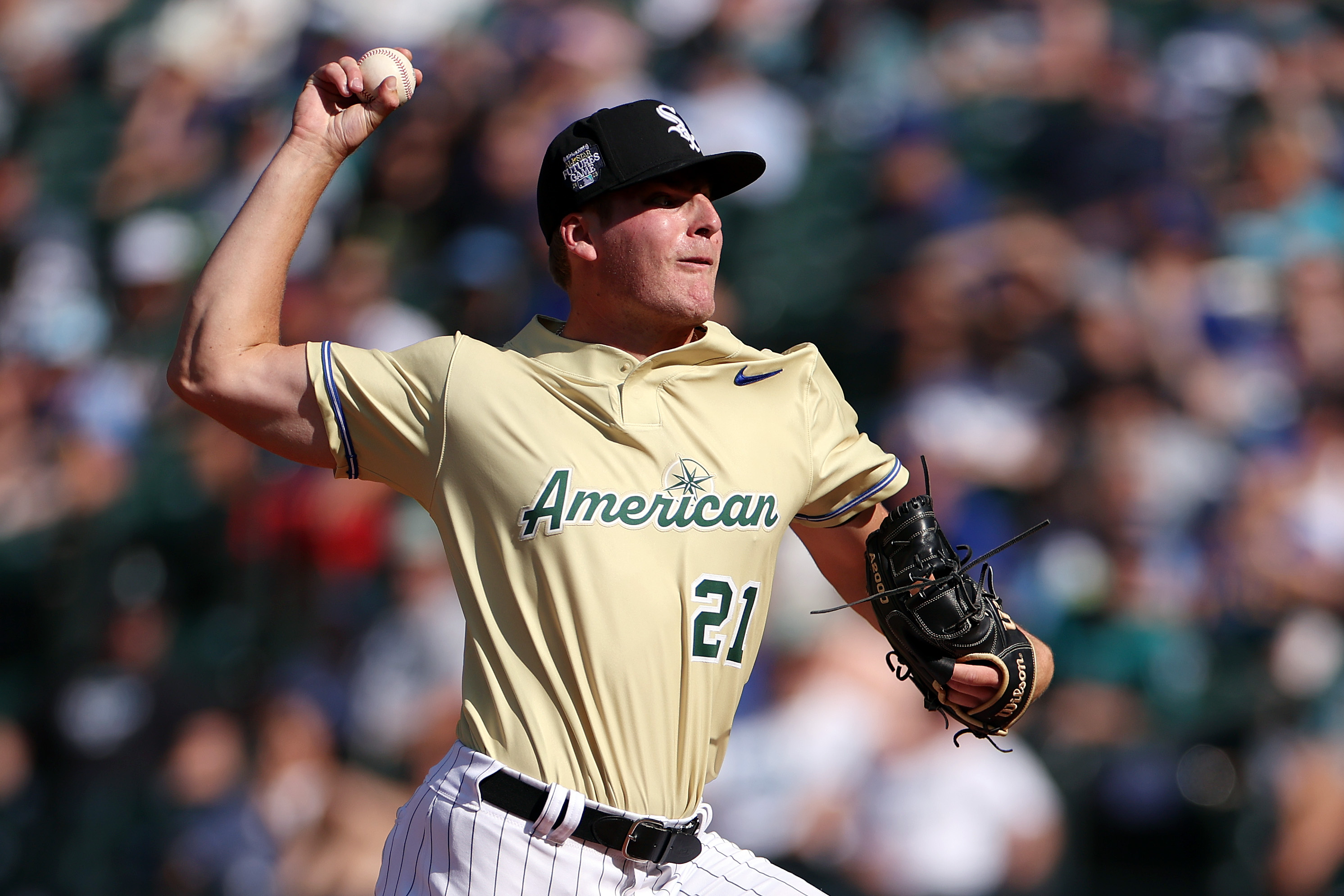MLB’s lockout has officially impacted the regular season as commissioner Rob Manfred announced Tuesday the cancelation of the first week of games.
Which may raise the question: What will it take for the lockout to end?
The short answer: a new labor agreement.
It’s true MLB could end the lockout at any time. Labor negotiations could continue as spring training commenced, with the season following soon after.
But the league has shown no willingness to lift the lockout. In fact, MLB signaled to the union it's willing to miss all of April, and The Athletic reported they won’t face rebates on their local television contracts until May.
So unless the league is forced to lift the lockout due to legal action — a process which likely would start with a union complaint to the National Labor Relations Board — the only way the lockout ends, as things stand, is through reaching a new labor deal.
Why?
MLB
“I think it's pretty clear that the baseball owners don't want to go into the season without a labor contract in place," Gerry Golden, an attorney with Neil Gerber Eisenberg in Chicago who’s practiced labor law for over 40 years, told NBC Sports Chicago, "and expose themselves to the players declaring midseason that they're going out on strike, and then the owners facing the prospect of losing part or, frankly, a substantial portion of a season and all that implies.”
The league-implemented lockout is the first time MLB has lost games due to a labor dispute since the 1994-95 players strike. That work stoppage cost regular season games and the 1994 World Series.
You have to go further back for the last time the league locked out its players: 1990.
Golden, who’s also a professor at the DePaul University College of Law, said while employers “generally don’t resort to lockouts,” when they do, it’s deemed to be for “offensive or defensive reasons.”
“[The owners] want to resolve this before they start the season," Golden said. “It’s really the owners saying, ‘We want to control the timing of when a dispute might actually break into a cessation of our normal activity here.’"
The timing of the lockout obviously was calculated. The league implemented it on Dec. 2, right after the last collective bargaining agreement expired. There was no immediate threat for lost games with the scheduled start to spring training months away.
Of course, spring training has been delayed. The league and union didn’t meet for over 40 days after the lockout began. Negotiations have been slow-moving and contentious, and MLB eventually set a deadline for an agreement to avoid canceling games.
The union leaders unanimously rejected MLB’s final proposal before that deadline Tuesday.
Where do things go from here?
If early this week was the deadline for starting the season on time, that would make sometime next week the deadline to avoid any more games getting wiped off the schedule. Lead negotiators Bruce Meyer (union) and Dan Halem (MLB) have an informal one-on-one meeting Thursday.
Beyond that, keep an eye on the lawyers.


